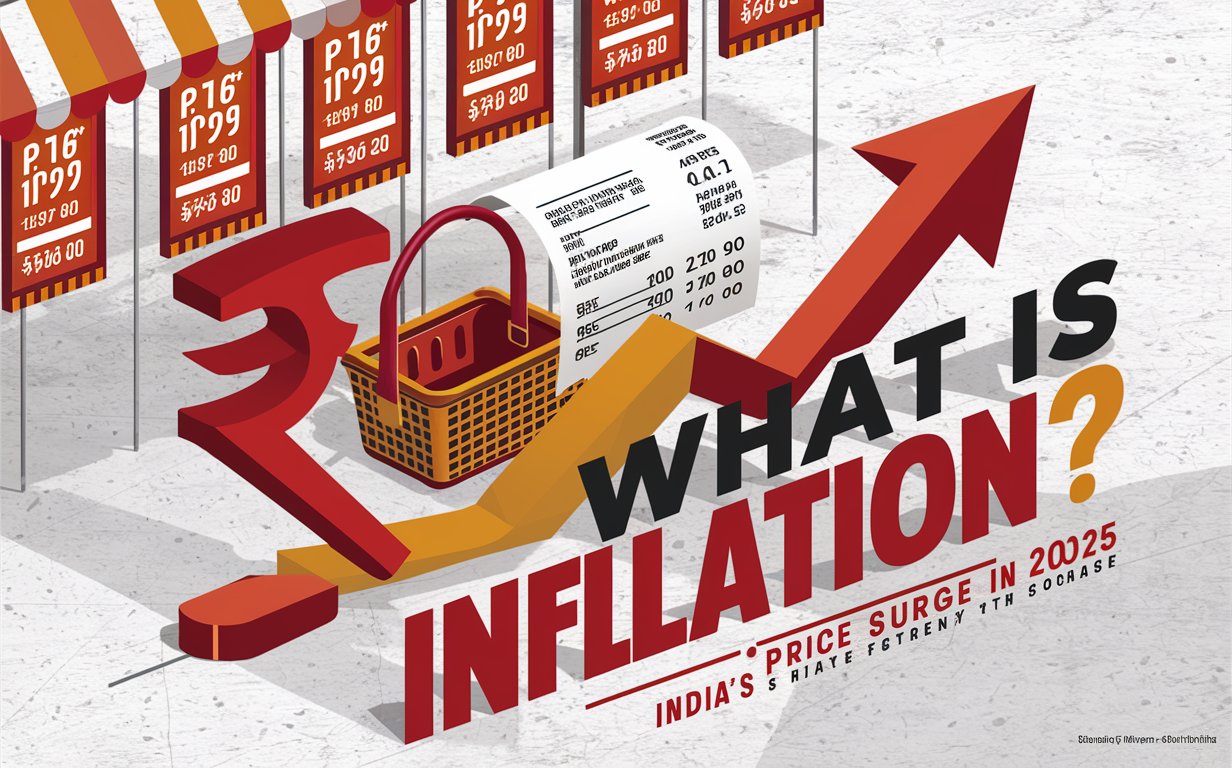Russia-US Prisoner Swap: Evan Gershkovich and Paul Whelan Freed and En Route to Freedom
In a significant development in international relations, reports indicate that a prisoner swap between Russia and the United States is currently underway, involving high-profile detainees Evan Gershkovich and Paul Whelan. Both individuals, who have been held in Russia under controversial circumstances, are reportedly en route to a location outside of Russia. This article explores the context of the prisoner swap, the backgrounds of the individuals involved, and the broader implications for US-Russia relations.

Background of the Prisoner Swap
The ongoing prisoner swap involves two American detainees: Evan Gershkovich, a journalist for the Wall Street Journal, and Paul Whelan, a former U.S. Marine. Their release follows months of diplomatic negotiations and represents a rare breakthrough in US-Russia relations.
- Evan Gershkovich
Evan Gershkovich was detained by Russian authorities in March 2023 while reporting on Russian military operations. The Russian government accused him of espionage, which he and his employer have vehemently denied. Gershkovich's arrest drew significant international attention, with many organizations advocating for his release, citing concerns over press freedom and human rights.
- Paul Whelan
Paul Whelan, a former Marine and corporate security executive, was arrested in December 2018 during a trip to Russia. He was accused of espionage, a charge he has consistently denied. Whelan was convicted in 2020 and sentenced to 16 years in a Russian penal colony. His case has been a point of contention between the two countries, with numerous appeals for his release from both U.S. officials and his family.
Details of the Swap
Reports indicate that the prisoner swap involving Evan Gershkovich and Paul Whelan is now in progress, with both individuals reportedly on their way to a destination outside of Russia. The precise details of their release and the location where they are headed have not been fully disclosed, but the swap marks a significant development in the ongoing diplomatic efforts between the US and Russia.
- Diplomatic Negotiations
The negotiations for this prisoner swap have been complex and sensitive, involving high-level discussions between U.S. and Russian officials. The discussions have been characterized by intense diplomacy, with both sides working to reach an agreement that would secure the release of the detainees.
- Terms of the Swap
While the specific terms of the swap have not been publicly disclosed, such exchanges typically involve negotiations over various factors, including the identity of the individuals involved, the timing of the exchange, and the conditions of their release. The process often involves careful coordination and security measures to ensure the safe transfer of the detainees.
Implications for US-Russia Relations
The successful completion of this prisoner swap could have significant implications for US-Russia relations, which have been strained in recent years due to various geopolitical conflicts and issues.
- Diplomatic Relations
The swap may serve as a potential thaw in the icy relations between the two countries. By addressing one of the contentious issues in their bilateral relationship, both the US and Russia may be able to pave the way for further dialogue and cooperation on other fronts. The resolution of such high-profile cases can help build trust and open channels for more constructive negotiations.
- Impact on Future Negotiations
The resolution of this high-profile prisoner swap could set a precedent for future negotiations between the two nations. Successful exchanges might encourage both sides to engage in more diplomatic efforts to address other contentious issues and disputes. This could potentially lead to improved relations and increased cooperation in various areas of mutual interest.
- Domestic Reactions
The release of Gershkovich and Whelan is likely to elicit strong reactions from both American and Russian domestic audiences. In the US, the return of these individuals is expected to be celebrated by their families and supporters, who have long advocated for their release. In Russia, the exchange might be viewed as a positive development, particularly if it contributes to the broader goal of improving international relations.
Broader Context
The prisoner swap involving Evan Gershkovich and Paul Whelan is part of a larger pattern of high-profile exchanges that have occurred over the years between various countries. These exchanges often involve individuals accused of serious offenses and reflect the complex nature of international diplomacy.
- Historical Precedents
Historically, prisoner swaps have been used as a tool for resolving disputes and improving diplomatic relations. Such exchanges can serve as confidence-building measures and demonstrate a commitment to addressing sensitive issues through negotiation and compromise.
- Humanitarian Considerations
The humanitarian aspect of these exchanges cannot be overlooked. The release of individuals who have been detained under contentious circumstances often brings relief to their families and highlights the importance of addressing human rights concerns in international diplomacy.
- Ongoing Diplomatic Efforts
The successful resolution of this case underscores the importance of continued diplomatic efforts and negotiations. It demonstrates that even in times of tension, dialogue and cooperation can lead to positive outcomes and help resolve complex issues.
Conclusion
The ongoing prisoner swap involving Evan Gershkovich and Paul Whelan marks a significant development in US-Russia relations. As the two detainees are reported to be en route to a destination outside of Russia, the successful completion of this swap could serve as a potential turning point in diplomatic efforts between the two nations.
The case of Evan Gershkovich, a journalist detained on charges of espionage, and Paul Whelan, a former Marine convicted of similar charges, highlights the complexities of international negotiations and the challenges of resolving high-profile disputes. Their release represents not only a personal victory for the individuals and their families but also a broader opportunity for improving diplomatic relations.
As the international community watches closely, the implications of this prisoner swap will likely reverberate through the ongoing dialogue between the US and Russia, influencing future diplomatic interactions and shaping the trajectory of their bilateral relationship.



Post Comment